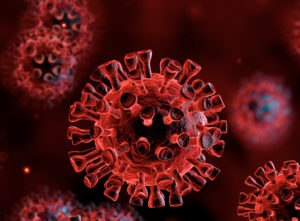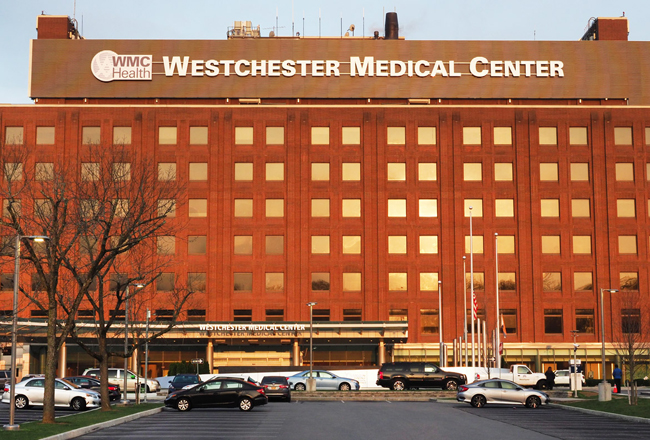On the eve of Connecticut”™s becoming the last state to partially reopen, Gov. Ned Lamont used his daily briefing as something of a pep rally, with a pair of experts attesting to the prudent and considered way he and his administration have approached the COVID-19 crisis.

“Our flags have been at half-mast for some time,” Lamont said. “Today they’re at full mast. I think we’re going to turn the corner on May 20.”
Former Food and Drug Administration Commissioner Scott Gottlieb and Zeke Emanuel, head of the Department of Medical Ethics & Health Policy at the University of Pennsylvania, both lauded Lamont on his slow and deliberate approach to managing the virus and reopening the economy in three phases, starting tomorrow.
“Connecticut is a real good example of a place where the public health measures have worked,” Emanuel said. As a result, positive cases here “are going down while the rest of the country is plateauing.”
He further said that the governor has met the “sweet spot” of the nexus of trying to keep public health risks low and economic impacts high. While there exist some areas where the opposite is true, “the state should be hesitant about rushing in there.”
Emanuel invoked the state”™s two casinos as examples, saying that their number of employees and GDP are “not worth the risk to people”™s health” at the moment, and that he was “nervous” about the prospect of their reopening in the near term.
Noting that evidence indicates that incidents of such viruses tend to decline significantly during the warm months, Gottlieb predicted, “There will be a seasonal effect. I hope July and August can give us a little bit of a breather. But we need to be vigilant, because we will face a new risk in the fall.”
By that time, he said, more knowledge about COVID-19, better practices and better testing should help mitigate the effects of that potential second wave.
 “It”™s very important to get our flu vaccination rates up,” Gottlieb said. “That will help reduce the burden on our health care system.” There were quite a few cases in the beginning, especially in Asia, of people having been co-infected with the flu and the virus at the same time, he added.
“It”™s very important to get our flu vaccination rates up,” Gottlieb said. “That will help reduce the burden on our health care system.” There were quite a few cases in the beginning, especially in Asia, of people having been co-infected with the flu and the virus at the same time, he added.
The COVID-19 mitigation efforts could also be helpful in keeping flu cases low, Gottlieb added.
He expressed tempered enthusiasm for yesterday”™s announcement by Moderna that it has had some success with a small cohort of participants in an early trial for a vaccine.
“By the fall, hopefully we”™ll have several manufacturers with the low tens of millions of vaccines available for large-scale clinical trials,” he said. While he gauged it “unlikely but not impossible” to make a vaccine available on a large scale by year”™s end, he said FDA approval by that time was “less likely.”
Even if the FDA approved an emergency use authorization for an experimental vaccine for high-risk people, Gottlieb said, a treatment for the population at large is “probably a second half of 2021 event.”
As for the reopening itself, Lamont said that local departments of health should remain vigilant in policing whether reopened businesses are operating in full compliance with the state’s guidelines. “Otherwise, we’ll bring in other authorities” to enforce those measures, he said.
State statistics
Since yesterday, the state conducted another 7,841 tests and recorded 314 more positive cases, bringing those respective totals to 185,520 and 38,430; Lamont said that represents a less than 5% rate of infection, the lowest the state has seen for a couple of months.
Hospitalizations fell by 6 to 914, while deaths increased by 23 to 3,472.
Additional statistics were not immediately available.
The numbers
As of this writing, there are over 1.52 million positive cases and more than 91,000 virus-related deaths in the U.S., with over 291,000 recovered. Globally, there are almost 4.9 million positive cases and in excess of 321,000 deaths, with over 1.7 million recovered.






















